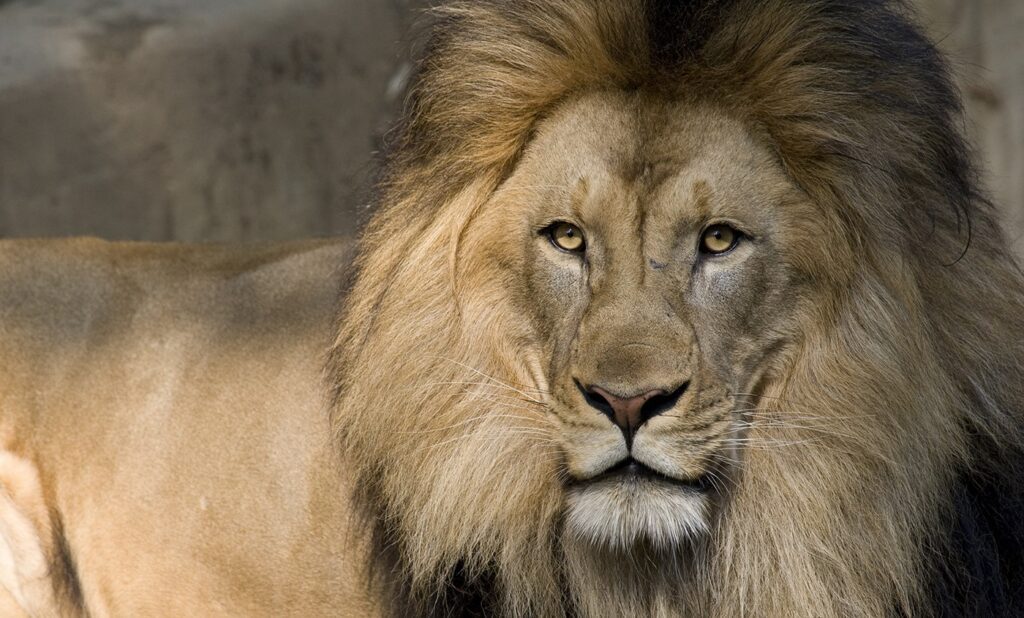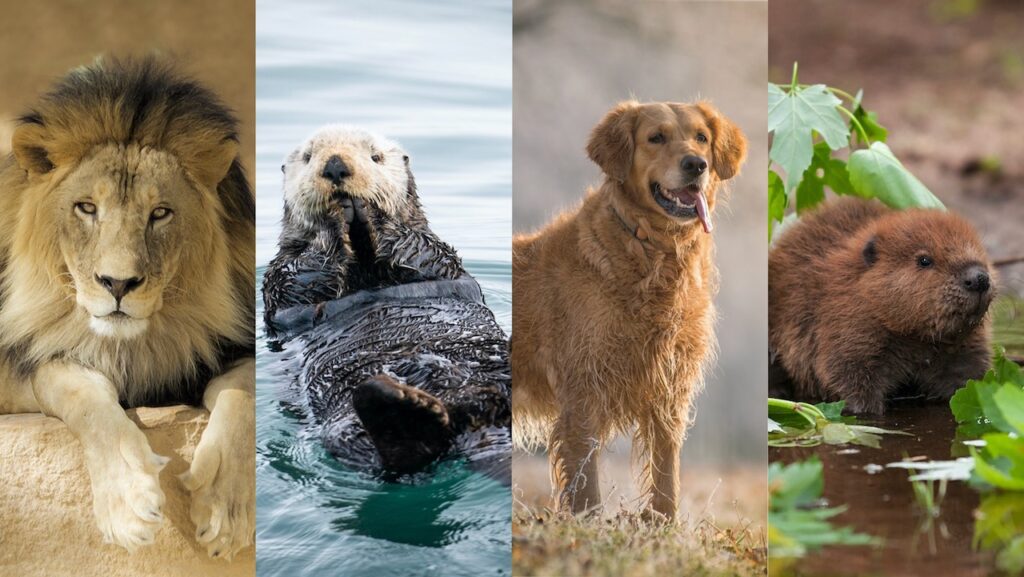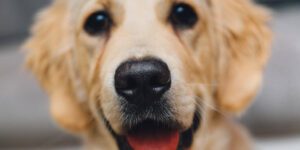
What is the Lion Animal Personality Type?
The Lion Animal Personality Type is decisive, confident, and self-reliant. In a group setting, if no one else instantly takes charge, the Lion will; they’re “Natural-born Leaders.” Lions love to seek new adventures and opportunities.
Lion Characteristics
- Fast-moving approach
- A quick grab for control
- Self-confidence
- Restless and overpowering style
Basic Disposition
Shapes Existing Environment by Overcoming Opposition
- Fast-paced
- Task-oriented
- Results-oriented
Decision Making – Quick
- Impulsive; makes quick decisions with Goal or result in mind.
- Lions need very few facts to make a decision.
Motivated by
- Power / Position of Authority
- To be First
- Credit for Achievements
Basic Desires
- Have control!
- Variety and new challenges
- Opportunity for advancement
Needs
- The Lion needs to see results and wants direct answers.
- They need to solve problems.
Fears
- Loss of Control
- Being Taken Advantage of
- Close Scrutiny
Strengths
- Decisive
- Goal-oriented
- Achievement driven
- Gets results
- Independent
- Risk-taker
- Takes charge
- Takes the initiative
- Self-starter
- Persistent
- Efficient
- Competitive
- Enjoys challenges, variety, and change
- Driven to complete projects quickly and effectively.
Weaknesses
- Impatient
- Blunt
- Poor listener
- Impulsive
- Demanding
- May view projects as more important than people.
- Can be insensitive to the feelings of others.
- May “run over” others who are slower to act or speak.
- Fears of inactivity, relaxation
- They are quickly bored by routine or mechanics.
Get depressed when
- Life is out of control, and people won’t do things their way.
Leadership Style
- They have a natural feeling for being in charge, a quick sense of what will work, and a sincere belief in their ability to achieve, but may overwhelm less aggressive people.
Work Valuably
- They can accomplish more than anyone else in a shorter period, are usually correct, and may stir up trouble.
Under Pressure or Tense Situations
- Takes command
- Becomes autocratic, aggressive, and demanding
Recovery
- Physical Activity
Time Management
- They focus on NOW instead of the distant future.
- They get much more done in less time than their peers.
- They hate wasting time and like to get to the point.
Likes
- People who are supportive and submissive see things their way, cooperate quickly, and let them take credit.
Dislikes
- Lazy people
- Lack of loyalty
Advice
- Add softness and become a great listener.
- They allowed others to make decisions.
- Delegated authority.
- Became more patient
- Don’t expect everyone else to produce as they do.
Lion Communication Style
- Be efficient and to the point.
- Focus on the results and bottom line.
- Support their goals and objectives.
- Please provide them with options.
- If you disagree – argue facts and not personal feelings.
Lion Personality Type cross-reference
- Keirsey Type – Rationals
- Temperament Type – Choleric
- DISC Type – Dominant
- Socio-Communicative Type – Driver
- True Colors – Green
- Color Code – Red
- Personality Compass – North
- Occupational Type – Enterprising
- Learning Type – Activist
- Leadership Type – Dominator
MBTI Personality Types (xNTx) – Intuition and Thinking
Enneagram Types
- Type 1 – The Reformer (ENTJ, INTJ)
- Type 3 – The Achiever (ENTP)
- Type 5 – The Investigator (INTJ, INTP)
- Type 7 – The Enthusiast (ENTP)
- Type 8 – The Challenger (ENTJ)
Lion Personality Type Careers
What are the Animal Personality Types?
Gary Smalley was an American family counselor and author of many books on family relationships. He characterized the Four Core Personality Temperaments as Animals, and each Animal Type describes how a person naturally responds toward others in daily life and work situations.
The Animal Personality Type does not reveal anything right or wrong about an individual. Instead, it explains how naturally you will act in ways specific to that type of Temperament.
He characterized the Choleric Temperament as Lions, the Sanguine Temperament as Otters, the Phlegmatic Temperament as Golden Retrievers, and the Melancholic Temperament as Beavers.

Personality Temperaments, Traits, and Types
Personality Temperaments, Personality Traits, and Personality Types are used in Psychology to discuss a person’s Personality, a collection of Emotions, Perceptions, and Actions that interact with each other, regulate themselves, and shape a dynamic system that forms a person’s Behavioral Patterns.
Your inherited traits (your personality Temperance) and acquired traits (such as education, socialization, and other various pressures and aspects) form your Personality.
A Personality Type identifies a specific collection of Traits, both learned and natural, that comprise a broad, general Personality Classification—a way of labeling a collection of traits and behaviors.
A Personality Trait remains consistent and stable over time, which means you exhibit the same pattern across different situations and throughout your life.
Three criteria characterize Personality Traits: (1) consistency, (2) stability, and (3) individual differences. For example, if you are talkative at home, you also tend to be talkative at work. And if you were talkative at age 20, you would still be chatty at age 40.
Personality Temperament is your “Naturally Intuitive” biological Trait. These Traits are partly inherited from your genes and partially determined by your brainstem, which doesn’t change throughout your life. These are Natural Traits regarded as innate or inborn and not learned.
Your Personality Temperament is formed as an infant and is hard to modify, manipulate, or change because it is genetic. In some way or another, your inherited behavioral tendency will always be there.
Personality Traits are quantitative differences between people, and Personality Types are qualitative differences between people. The most crucial difference between the Trait Theory and the Type Theory is that the Type Theory views people’s characteristics as discrete categories. In contrast, the Trait Theory views these characteristics as a continuum.
For example, while a Type Theorist would claim that introverts and extraverts are two types of people, a Trait Theorist claims that extraversion is a gradient, and individuals can fall somewhere in the middle.
Your Temperaments, along with acquired Traits, form your Personality.



